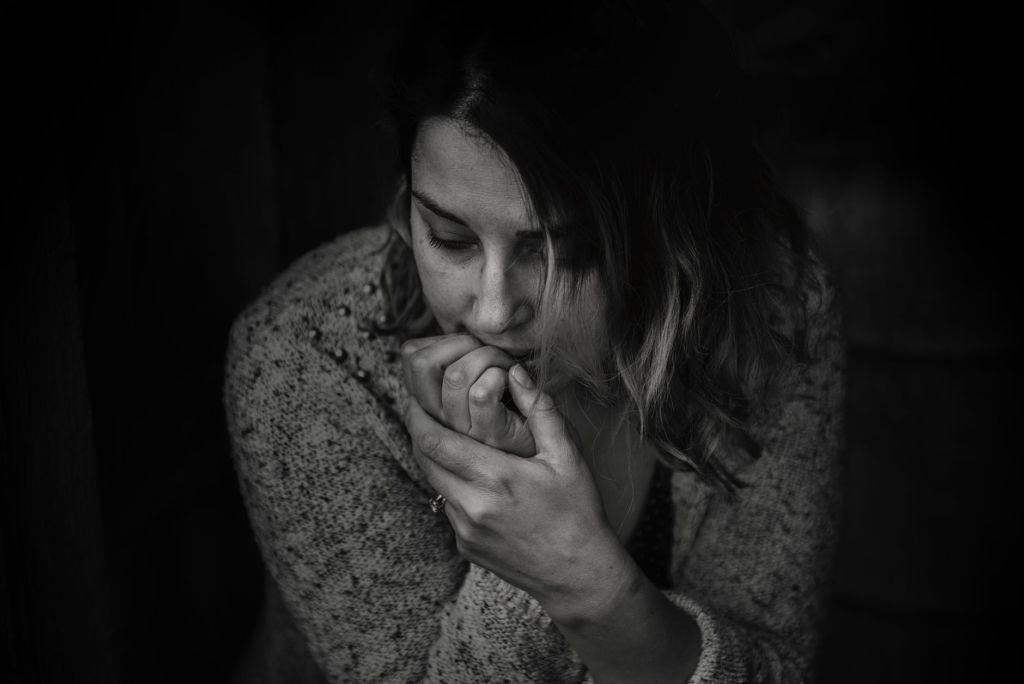Lockdown is damaging our mental health – and not just those with an already diagnosed disorder. A far greater number are becoming affected by that more common yet easily overlooked condition: loneliness.
The media has picked up on the issue recently. Those interviewed have been as diverse a group of people as you could imagine. We are all susceptible.
The Campaign to End Loneliness says loneliness is getting worse, with nine million people in the UK describing themselves as such, four million of them elderly. It points out that loneliness is bad for physical as well as mental health, increasing not just your chances of becoming depressed, but also of succumbing to high blood pressure, heart disease, stroke and cognitive decline.
At this point I could attempt to distinguish between solitude and loneliness, reflect on how our understanding of them has evolved, and look at the impact that psychotherapy and neuroscience has had on the way we see them. But, for the purposes of this short article, it’s the absence of close relationships that concerns me, and the way in which this represents an ordinary unmet human need.
Most of us experience loneliness at times in our life. However, this pandemic, or rather the policies governments have used to tackle it, have heightened our growing social isolation.
The Samaritans have been at pains to assure us that suicide rates have not risen significantly this year. This is comforting, but we know these tragedies are the tip of an iceberg.
We have to be realistic. Loneliness will not be eradicated; nor will the many factors contributing to its prevalence be overcome easily. But we can note the ways our lives have changed over the years, chart the unintended consequences of social, economic and technological developments, and begin to push back against evidently harmful trends.
Some trends will be easier to tackle than others. Mental illness is notoriously subjective. While resilience falls out of fashion, claiming victimhood or the inability to cope seems all the rage. Mental health professionals are clearly at risk of being incentivised by this learned helplessness.
Nevertheless, the SDP believes there should be greater funding for mental health services, its share of overall NHS spending increasing for as long as mental illness continues to rise.
Prevention, however, is better than cure, and it’s no mistake that our party’s watchwords are: Family, Community, Nation.
Family life has been under attack for decades, with disastrous consequences. It’s why the SDP benchmarks every policy against how well it promotes the family as an institution. And it’s why we campaign for affordable housing, improved wages for the young and low-paid, and tax breaks for couples raising children.
Even through a wider lens, our policies stay true to those watchwords. We note that, while many are quick to claim rights, too few embrace responsibilities. We campaign for a more equal society underpinned by unifying values. We wish to row back from unchecked globalisation, the damaging effects of which have become obvious. And our criticism of continued lockdowns has highlighted their social as well as economic consequences.
For this is the ground on which we believe communitarian impulses in public life can flourish. While identity politics seeks to divide us, and the liberal-left abandons the politics of solidarity for those of division, we believe in mutuality.
The ties that bind us should be used to revitalise our culture and reshape our politics. We are social beings, and it’s taking nothing away from our glorious individuality to say that the vast majority of us crave community and a sense of belonging.



https://www.saveourrights.uk
We need to take back Our rights from an authoritarian Government the SDP could be part of that change
Another factor that has contributed to mental health (or lack thereof) is the atomisation of the family unit and community generally. When ones sense of identity, who they are, where they fit in society et al is removed it is only reasonable to expect depression, loneliness and feelings of isolation to be front and centre. I wonder if the SDP have any policy ideas on addressing this? I would be interested to hear
Hi Andrew,
To answer your question: Absolutely we do. You will see that the family is central to our vision of the good society. Here’s a good place to start: https://sdp.org.uk/policies/the-family/
Regards,
Andrew Bence
I am unsure about whether you are advocating a return to the traditional married family. If this is what is being proposed I would be totally supportive. The breakdown of the traditional married family has been responsible for many of society’s problems. SDP should champion the traditional family and promote tax regimes that support the structure
I reluctantly read this article but was relieved that it was what I hoped it would be rather than dreaded. Once again I’m glad to be an SDP (new) member still getting to know you.